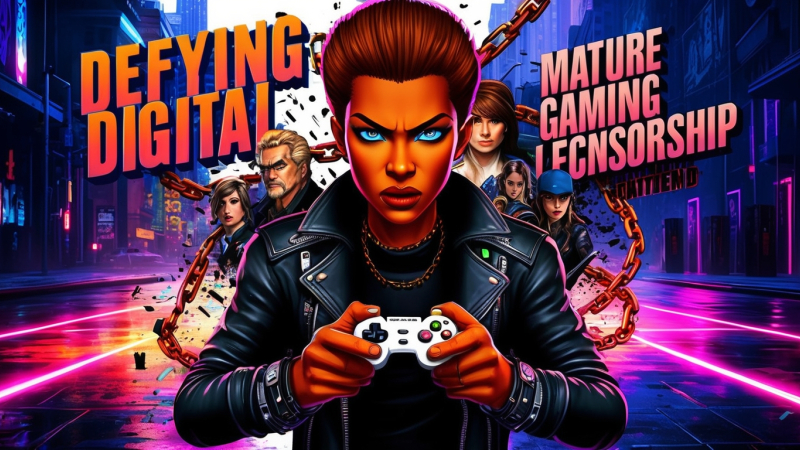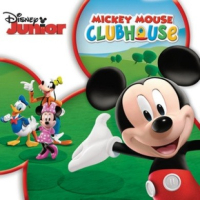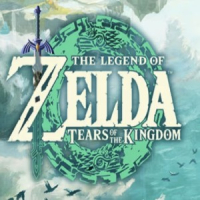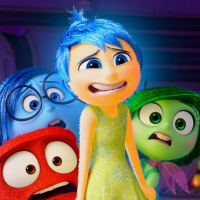
In recent days, an unusual initiative has emerged in the digital gaming landscape that challenges established norms regarding what content should be available to players. A well-known digital distribution platform has taken a bold stance by offering a collection of delisted titles for free for a limited period. This move not only highlights the friction between creative freedom and market pressures but also raises questions about digital censorship and who gets to decide which games remain accessible. The initiative serves as both a protest and a reminder of the importance of preserving a diverse gaming history for future generations.
Embracing the Controversy of Delisted Titles
A prominent online distributor has created a dedicated portal where gamers can access 13 formerly available titles that have been removed from other digital storefronts. These games, known for their sexually explicit content, were withdrawn due to external pressures rather than legal constraints. The initiative is a clear protest against what many view as a form of financial censorship that stifles creative freedom. By making these titles available for a limited 48-hour window, the platform sends a strong message that games, once deemed lawful and responsibly designed, should remain forever in circulation. This campaign stands as a symbolic stand against the silent removal of creative works, encouraging users to support artistic integrity over corporate decision-making.
Cultural Shifts and Their Impact on Gaming Diversity

This maneuver unfolds amid a period of cultural shifts in society where the boundaries of acceptable content are constantly redefined. Many challenges have arisen as political and financial influences intertwine with the world of gaming. Developers and publishers who once experimented with mature themes now face the threat of losing their digital presence simply due to discomfort among influential parties. This shift has raised concerns within creative communities about the long-term impact on innovation in gaming. By reviving these controversial titles, the platform emphasizes that censorship driven by subjective sensibilities does not belong in an arena meant for mature and diverse content. Instead, it champions a renewed respect for historical creative expressions in digital entertainment.
Guarding Creative Legacies Through Digital Archiving
At its core, the platform’s new initiative is about preserving digital cultural heritage. It positions itself as a guardian of games that, although legally produced and conscientiously made, have been sidelined by market forces driven by moral discomfort. This archival approach is not only about safeguarding content but also about ensuring that the diversity of creative expression is maintained. Adhering to the principle that legally produced games should remain accessible over time, the distributor is making a stand for future generations. This commitment to archival integrity underlines the belief that access to historical gaming expressions enriches the community and is integral for understanding the evolution of interactive storytelling and mature narrative explorations.
Economic Pressures and the Role of Digital Payment Networks
The controversy surrounding these delisted titles is deeply interwoven with economic influences that affect digital commerce. Payment networks, which facilitate transactions across the board, have been pressured by external activist groups to take actions that restrict certain categories of content. In this case, influencers in the world of finance have argued for higher scrutiny when dealing with titles featuring mature themes. Such actions "have given rise to a variant of economic suppression" where developers and gamers alike see intermediary institutions dictating terms that go beyond standard business practices. The platform’s decision to offer these games for free is a direct response to this pressure, illustrating an effort to reclaim autonomy over digital content while challenging the notion that financial institutions should have the final say in what is considered acceptable for consumption.
Voices from the Developer Community and Social Response
In reaction to the removal of these titles from mainstream digital storefronts, a robust dialogue has emerged among developers and players alike. Many in the creative community argue that their works have become unintended casualties of a larger power struggle involving economic actors and unaccountable institutions. Conversations on social media have grown louder, with numerous developers speaking out against what they see as an overreach of financial influence over cultural products. Their advocacy calls for a more transparent process, insisting that clear policies and a balanced approach are needed. This exchange has fostered a renewed spirit of resistance in which stakeholders push for a system that honors mature artistic visions rather than marginalizing them because of financial concerns.
Examining Game Content Beyond Surface-Level Censorship
An important aspect of this debate involves looking closely at the content within these games. While many of the titles in question include sexually explicit scenes and mature thematic elements, critics argue that they serve as explorations of adult issues and complex narratives rather than mere sensationalism. The games challenge players to engage with content that is both provocative and thought-provoking, ranging from explorations of sexuality to narratives that incorporate elements of LGBTQ themes and difficult social topics. In presenting these games for free, the distributor implicitly asserts that mature content, when created responsibly and within legal boundaries, deserves a space in the gaming ecosystem. This assertion pushes back against attempts to conflate explicit content with poor artistic value.
Understanding the FreedomToBuy.games Initiative
At the heart of this unprecedented initiative lies the website FreedomToBuy.games, a dedicated space designed to offer these controversial titles without charge for a limited time. The site is more than a transactional platform; it is a protest and a statement against the ongoing digital censorship that has marred the industry. With a concise message declaring that games vanish not due to any breach of law but simply because someone decided they should not be available, the site challenges the notion that commercial decisions should override the rights of players. It also offers a point of contact for developers and publishers interested in joining the protest by offering their games with no charge. The initiative is both a revolt and a reminder that legally produced works should be available on the digital shelf for all time.
Examining the Aesthetics of Censorship and Digital Artistry
The aesthetic dimension of this contest goes beyond mere visual graphics or gameplay mechanics; it touches on the art of presentation and narrative authenticity. The delisted titles express a breadth of visual styles that range from refined pixel art aesthetics to bold digital illustrations, serving as evidence of the diverse artistry within the industry. By temporarily reinstating these games, the distributor offers a platform for experimentation where boundaries are challenged. This reintroduction of varied game styles enriches the cultural tapestry of digital entertainment. Fans of mature gaming experiences now have the chance to rediscover games that might otherwise be lost, appreciating not only their storytelling but also the unique visual techniques that set them apart in a market often dominated by sanitized, mainstream products.
Examining Ethical Dimensions in Digital Commerce
The situation brings forward critical ethical questions Consider this alternative phrasing: "regarding the function of financial institutions and the extent of their influence." consideration of societal values in digital transactions. When decisions that affect a creative work’s shelf-life are influenced by financial networks and external pressures, it sparks a broader debate over responsibility and autonomy in digital commerce. The companies behind major payment networks have publicly stated that their role is to follow legal standards, not to police moral judgments, yet the circumstances imply a blurred line between ensuring legal compliance and enforcing cultural norms. This dialogue opens up discussions about the balance between corporate responsibility, free market practices, and the preservation of creative legacy. By acting against these impositions, the distributor is advocating for an environment where legal, responsibly produced creative works are shielded from external moral pressures.
Exploring the Wider Implications for Game Distribution Models
The emerging situation is reflective of broader challenges in the digital distribution industry. The current campaign invites industry stakeholders to rethink traditional methods of game distribution and the control exerted by intermediary platforms. With growing concerns over financial censorship—a tactic where economic pressures override creative rights—the move to offer free downloads of these once-delisted titles is a deliberate pushback against homogenized market standards. Such interference has historically created an uneven playing field, one where smaller developers or those tackling controversial subjects find themselves at a disadvantage. This situation provokes a re-examination of distribution methods, pushing for a model that respects both legality and the diverse spectrum of artistic expression. The initiative signals potential shifts in policies that govern digital game distribution and challenges the longstanding status quo.
Highlighting the Dialogue on Censorship and Artistic Expression
Central to the conversation surrounding these delisted games is the tension between protecting societal values and preserving artistic freedom. Advocates for the free exchange of ideas argue that mature content is an essential part of cultural dialogue, urging that creative expression should not fall victim to subjective censorship. The removal of these titles from popular storefronts illustrated a significant disconnect between the desires of a creative community and the restrictive measures imposed by external entities. By offering the games for free, the platform not only revives them for nostalgic audiences but also serves as a symbol for unimpeded artistic exploration. This bold action encourages both players and developers to remain steadfast in their belief that legally made, mature works have an enduring right to exist and be experienced by all who seek them.





